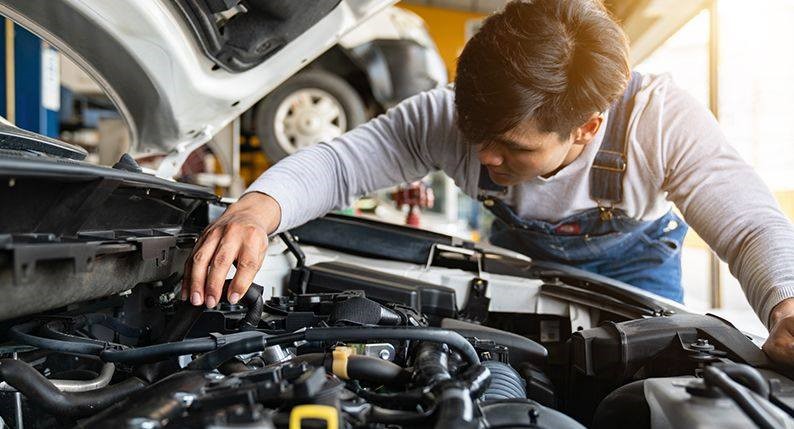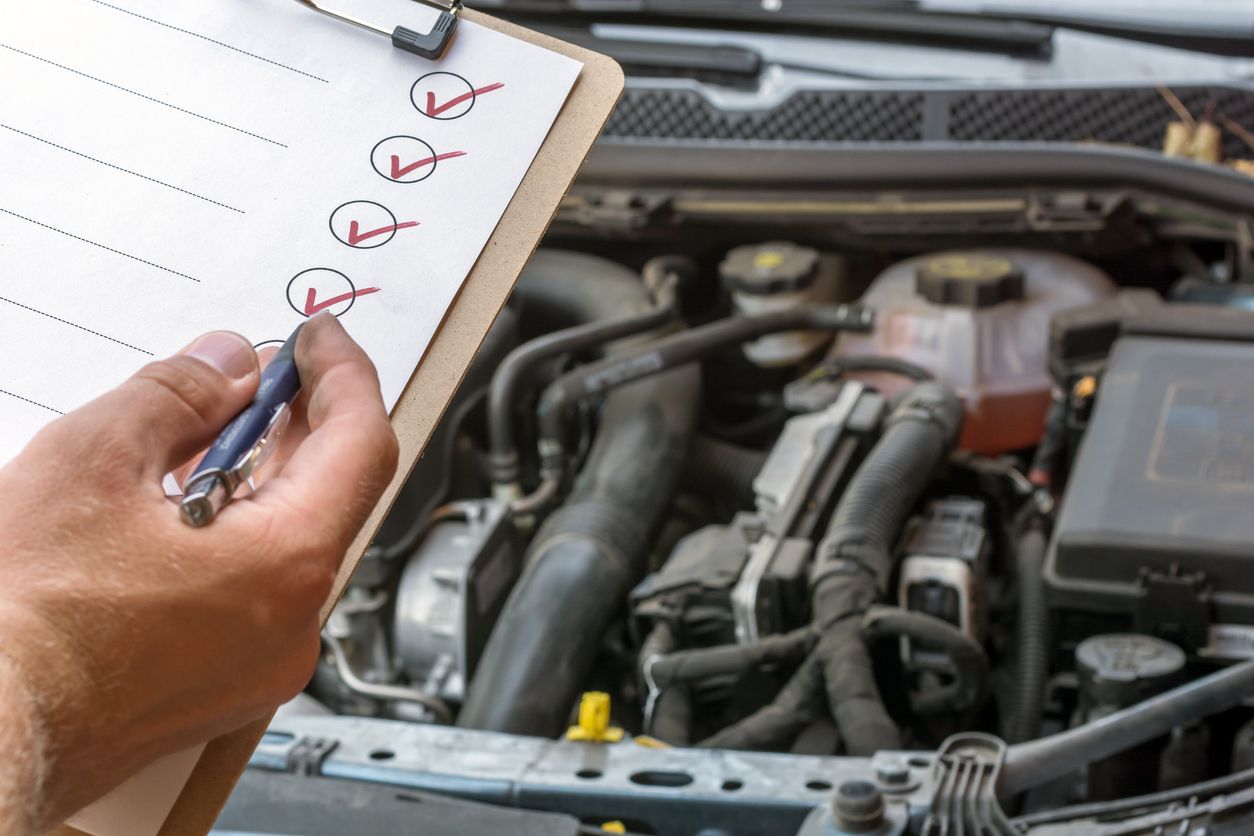All Categories
Featured

Keeping your vehicle in peak condition calls for interest to various upkeep tasks, with fluid checks being amongst one of the most vital. Vehicle fluids play vital functions in ensuring smooth operation, safety and security, and durability. Overlooking fluid maintenance can lead to considerable performance issues or costly repairs. Listed below, we'll check out the significance of checking and keeping your car's fluids and pointers for doing so properly.
- Engine Oil: Safeguarding Vital Components. Engine oil makes sure that the moving parts of your engine stay oiled, minimizing friction and stopping overheating. With time, engine oil breaks down or becomes contaminated, lessening its effectiveness. Without proper lubrication, engine parts can wear rapidly, resulting in decreased performance or total failure.
How to Preserve: Check the oil level making use of the dipstick and top off if needed. Follow your automobile's service routine for oil changes, commonly every 3,000 to 7,500 miles, depending upon the sort of oil and your driving habits. 2. Coolant: Handling Engine Temperatures. Coolant, or antifreeze, helps manage your engine's temperature, protecting against getting too hot in summertime and freezing in wintertime. As it circulates, coolant soaks up excess warm and dispels it via the radiator. Over time, impurities can accumulate, or the liquid might deteriorate, lowering its performance.

Just How to Preserve: On a regular basis check coolant levels in the tank and check for leaks or discoloration. Flush and change coolant as recommended, generally every 2 to 5 years. 3. Transmission Fluid: Smooth Gear Operation. Transmission fluid lubricates the transmission system and makes sure smooth gear changes. A well-maintained transmission fluid protects against overheating and safeguards internal elements from wear. Falling short to preserve this liquid can result in expensive repair services or substitutes.
Exactly How to Maintain: Inspect the fluid degrees (if your car has a dipstick for transmission liquid) and check its shade. Scorched or dark fluid shows it's time for an adjustment, typically every 30,000 to 60,000 miles. 4. Brake Fluid: Ensuring Safety And Security. Brake liquid is crucial for transferring pressure from your foot on the brake pedal to the stopping system, allowing your auto to stop properly. In time, brake fluid can take in moisture, decreasing its boiling factor and endangering stopping performance.
Just How to Maintain: Examine the brake fluid degree and problem. If it appears unclean or dark, have it replaced. Numerous manufacturers recommend altering brake fluid every two years or as needed. 5. Power Steering Fluid: Easy Maneuverability. Power steering fluid enables smooth and uncomplicated guiding. Low degrees or polluted fluid can make steering tough, boosting the danger of mishaps.
Just How to Preserve: Check the liquid regularly and replenish if degrees are low. Watch out for leaks, which could cause guiding system damages if unsettled. 6. Windshield Washing Machine Fluid: Clear Presence. Not associated to efficiency, windscreen washing machine fluid is important for keeping presence. It helps maintain the windshield tidy, especially throughout negative climate or when dirt builds up.

Just How to Maintain: Re-fill the storage tank as required and use washing machine fluid created for your climate to stop cold or streaking. Finest Practices for Liquid Maintenance. Follow the Manufacturer's Set up: Describe your car's proprietor manual for upkeep periods particular to your automobile. Screen for Leaks: Identifying fluid leakages early can prevent severe damages. Look for pools or spots under your car. Use the Correct Fluids: Always make use of liquids recommended by your car's supplier to stay clear of compatibility issues. Focus On Warning Signs: Control panel warning lights, odd scents, or unusual efficiency can indicate fluid-related issues. The Advantages of Routine Fluid Checks. Improved Efficiency: Liquids in good condition help all systems run smoothly. Expanded Lifespan: Correct lubrication and air conditioning protect against early deterioration on parts. Improved Security: Brake liquid and coolant are crucial for risk-free driving. Expense Financial savings: Addressing liquid issues early can avoid expensive fixings later on. Conclusion. Monitoring and preserving your vehicle's liquids is a important but uncomplicated part of automobile ownership. Whether it's oil, coolant, or brake fluid, staying proactive with upkeep is the essential to long-lasting lorry health.
Latest Posts
Ornamental Iron Fence: Toughness Satisfies Design at Montana Fencing
Published May 07, 25
1 min read
Raise Your Home with Montana Fencing Products
Published May 07, 25
2 min read
A Taste of the City, Right in the Heart of Iowa
Published May 07, 25
2 min read